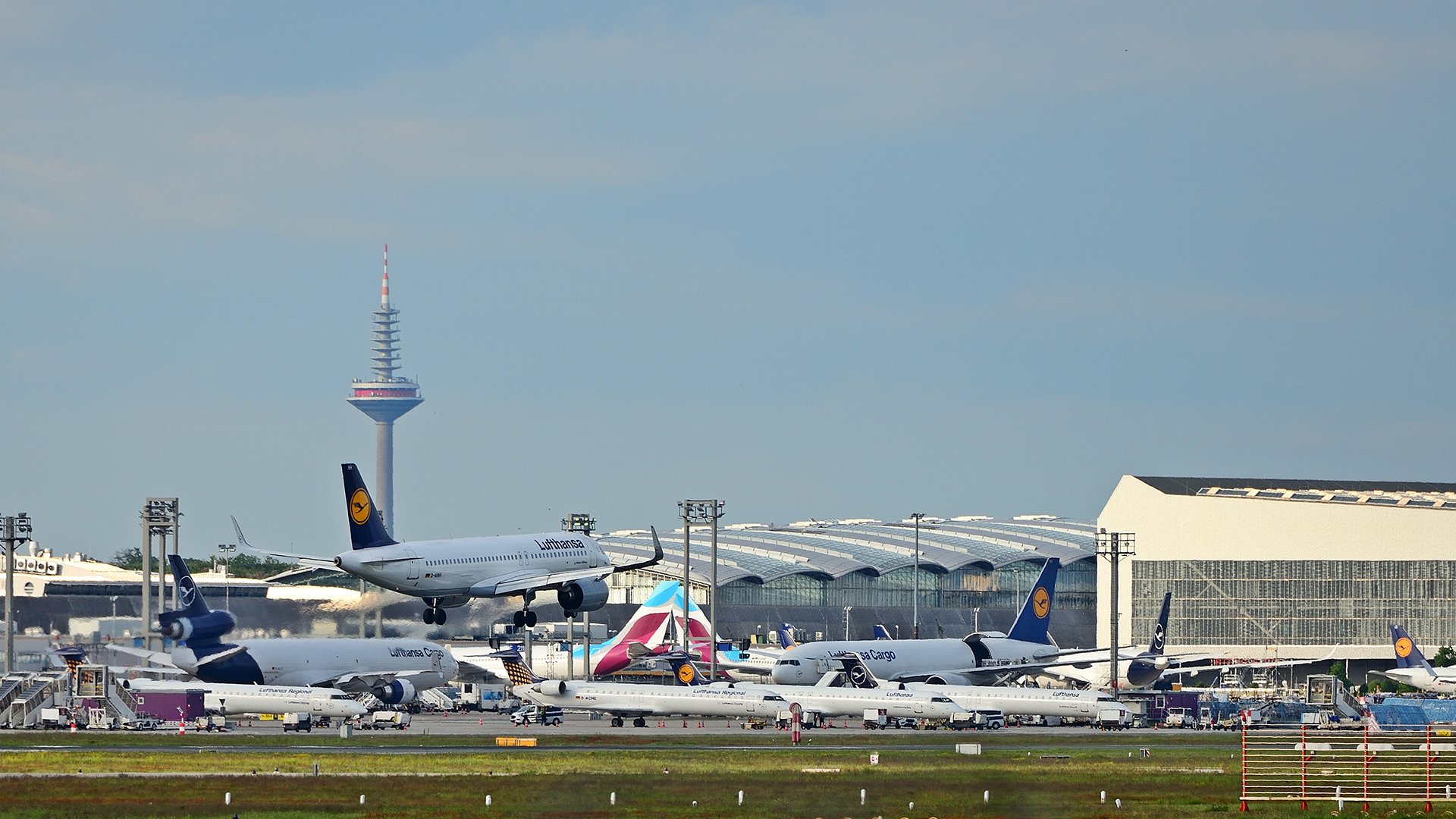With a federal company, the construction of motorways should run more efficiently. But 100 days after the start of the Autobahn GmbH, Transport Minister Scheuer did not get out of the negative headlines.
From Marcel Heberlein, ARD capital studio Andreas Scheuer likes his words big: “Of course we are talking about the biggest reform in the history of the autobahn,” explains the Minister of Transport. In this case he is right. As a result of the federalism reform in 2017, the federal government is now to centrally plan, renovate and operate the German motorways, not the federal states. The changeover is a mammoth task. More than 10,000 employees moved from the federal states to the new federal company, Autobahn GmbH. 1500 different IT systems had to be synchronized. It was launched in January.
Half-baked and hasty?
“I have never seen a reform of this size and dimension where there was no criticism,” says Scheuer. At Autobahn GmbH, the points of criticism are in short form: half-baked, expensive, hasty. Oliver Krischer from the Greens says it took Austria more than ten years to implement a similar reform. “You have to do it calmly,” says Krischer. “What Andi Scheuer is trying now has meant that, for example, the entire IT is still with the countries,” he says. “The federal states are now being commissioned by the federal government, and in some cases they are continuing their work.” Basically nothing has changed in the confusion of competencies. “Except that it has become even more complicated and more expensive.” The Federal Audit Office, which has been accompanying the changeover for years, is similarly harsh. In a report in March, he lists what does not suit him. According to this, employees at Autobahn GmbH receive ten percent more wages than usual at the federal level. That could permanently disrupt the tariff structure in the public service. And in general, the money spent by the Ministry of Transport, or BMVI for short, is uncomfortable with the Court of Auditors: “The BMVI hired external consultants without examining the need or the economic viability,” says the report.
“No overview”
Even before the contract period expired, Autobahn GmbH and BMVI had “commissioned more than four times the actual contract amount. The BMVI had no overview of the contracts.” According to the report, the ministry has now reacted, terminated all contracts and promised to introduce controlling. But Scheuer’s ministry has not even achieved the actual goal of the motorway reform. The tasks of the federal and state governments are not completely separated. Several times the Federal Audit Office had urged to take more time with the changeover, most recently in autumn 2020. However, the Federal Ministry of Transport and Digital Infrastructure refused.
Scheuer rejects criticism
In an interview with the ARD capital studio the Minister of Transport rejects all criticism. He does not apologize for the higher salaries: It is also about the motivation of the employees. In implementing the reform, “nothing was broken over the knee”. External consultants were needed, but it was also “a large workpiece” that had to be completed. And it was done on time, as instructed by the Bundestag. “After the first experiences and jerks, things are going well,” says Scheuer. In the summer there should be an inventory at the Autobahn GmbH. The “best compliment” is that road users have not felt that there has been a motorway reform. “Neither in the maintenance, in the renovation, in the winter service, or even now in the new construction and planning.”
Unpaid bills?
Scheuer calls “conversion issues” that which is not yet running smoothly. The Handelsblatt reported in March about more than 20,000 unpaid bills worth 650 million euros. “There can be no question of unprocessed invoices,” the Minister of Transport now explains. There were also delays in the old administrative structure, for example due to a lack of documents. “The bills are being paid.” To express criticism now, “that’s easy,” says Scheuer. The efficiency gains from the reform that, for example, motorways are planned and built faster, will only be seen in the future.





























































You must log in to post a comment.